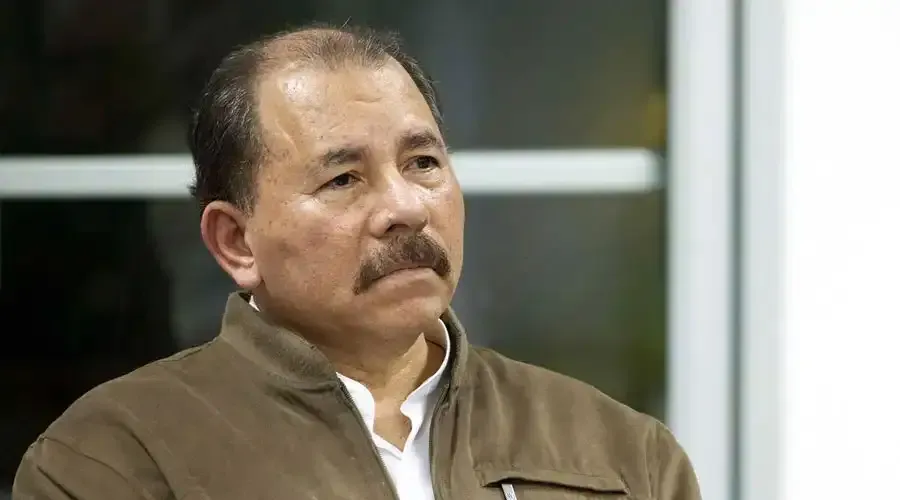Ortega’s remarks came a week after the bishop of Matagalpa, Rolando Álvarez, who was abducted in the middle of the night by the dictatorship and has been held under house arrest since August, was accused of “conspiracy to undermine national security and sovereignty” and “spreading fake news.”
Ortega also said that he was raised “in a Catholic, Christian family, but I learned over time that at the end of the day, behind a cassock is a human being. The cassock doesn’t make anyone a saint, the habit doesn’t make the monk.”
The dictator recalled the 2018 protests that demanded his removal from power. In particular, he referred to the police intervention in the town of Masaya, where the regime also attacked the Catholic Church on several occasions.
“They thought that the police were defeated and the attacks were in different quarters every day, and they came out of some churches, not all the churches, but some churches where the Pharisees were, the whitewashed tombs, from those churches they came out and from an apartment where some priests even openly came out wearing the cassock, exploiting the blood, calling for bloodshed,” Ortega said.
After saying that his “first inspiration” to “fight for the poor” was Christ, the Nicaraguan dictator said that he “couldn’t trust the priests; there are some priests that I had respect, love for; others, I couldn’t have respect or love for them because of their attitudes.”
“Take note, the leadership of the Catholic Church in Nicaragua, the bishops, they were all Somoza supporters, they preached somocismo (Somoza-ism), in the name of God they sanctified somocismo. Yes, they were Somoza supporters, and the greatest shame.”
Credit: Source link




